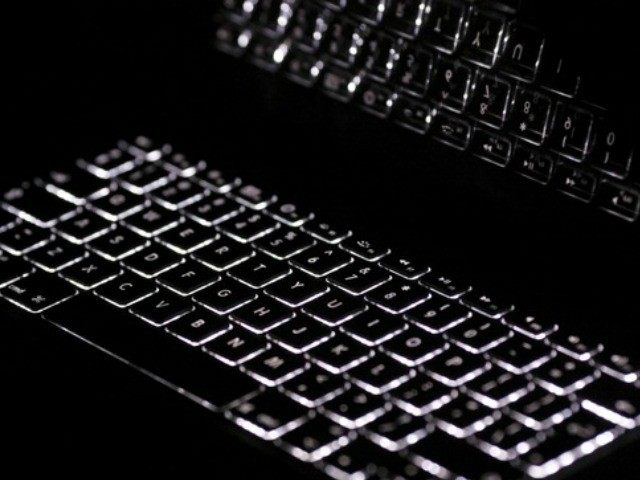Chairman of the House Oversight Committee Jason Chaffetz (R-Utah) demanded yesterday that the Federal Communications Commission Chairman Tom Wheeler make public the details of the proposed net neutrality regulations that will regulate the Internet under the same rules as the old AT&T monopoly.
Chaffetz also asked the FCC Chair to appear and answer questions at the House Oversight hearing Wednesday, prior to the planned Agency vote on the draft rules now scheduled for Thursday.
The 332-page final draft FCC order was only delivered to the four other FCC commissioners three weeks ago. When Wheeler delivered the document, he took the unusual step of issuing a “gag order” to prevent its release before the FCC vote.
The FCC was forced to revisit “net neutrality” rules because the agency’s egregious 2010 effort at writing “Open Internet Rules” was thrown out in January 2014 by the US Court of Appeals for the District of Columbia Circuit in Verizon v. FCC. Although the appeals court agreed the FCC had the authority to regulate broadband services, they rejected the FCC’s potentially biased micro-managing of the Internet.
Chairman Wheeler tried to ramrod President Obama’s net neutrality proposal through the FCC on May 15, 2014. It was understood at the time that Wheeler was trying to maximize FCC breadth for the new rules by basing the legal authority of his proposal on parts of both Title II of the Communications Act of 1934 and the Telecommunications Act of 1996. But the day before the meeting, his fellow Democratic Commissioners, Jessica Rosenworcel and Mignon Clyburn, pushed back on the rush to regulate after being bombarded by consumers who wanted to preserve an open Internet.
In a blog post at the time, Commissioner Clyburn noted, “over 100,000 Americans have spoken” via email, calls and letters. Commissioner Rosenworcel added that she also wanted the FCC to delay consideration of the rules after the torrent of public response.
Breitbart reported on February 9 in “Republican FCC Member Warns Net Neutrality is Not Neutral” that Ajit Pai, as one of two Republican Commissioners on the FCC, tweeted, “I wish the public could see what’s inside.” Pai included a selfie of himself holding the huge document in front of a picture of Obama. The posture of the photo was clearly meant to depict the president as George Orwell’s “Big Brother.”
Pai later released a statement: “President Obama’s plan marks a monumental shift toward government control of the Internet. It gives the FCC the power to micromanage virtually every aspect of how the Internet works,” he said. “The plan explicitly opens the door to billions of dollars in new taxes on broadband… These new taxes will mean higher prices for consumers and more hidden fees that they have to pay.”
The Breitbart article generated over 4,600 comments and set off a firestorm on the Drudge Report as the public realized that the FCC process seemed fundamentally biased due to a lack of transparency and full disclosure prior to such an important regulatory vote. The public was also incensed that the free-for-all Internet was about to be subject to up to $16 billion a year in FCC user taxes and fees.
Congressman Chaffetz also sent Wheeler a letter questioning whether the FCC had been “independent, fair and transparent” in fashioning the rules to supposedly protect Internet content. “Although arguably one of the most sweeping new rules in the commission’s history, the process was conducted without using many of the tools at the chairman’s disposal to ensure transparency and public review,” Chaffetz added.
Representative Chaffetz included in the letter that there is a precedent for the FCC Chairman to make rules public before a vote. In 2007, Chairman Kevin Martin released to the public new media ownership rules, and the entire FCC testified in a House hearing prior to the final vote.
An elected official who supported the FCC postponement in 2007, Chaffetz notes, was Senator Barack Obama. “He specifically noted while a certain proposal ‘may pass the muster of a federal court, Congress and the public have the right to review any specific proposal and decide whether or not it constitutes sound policy. And the commission has the responsibility to defend any new proposal in public discourse and debate.”
With political fireworks going off yesterday, Republican FCC commissioners Michael O’Rielly and Ajit Pai late in the day asked Wheeler to postpone Thursday’s vote and release the draft Internet regulatory proposal for a 30 day public comment period.

COMMENTS
Please let us know if you're having issues with commenting.